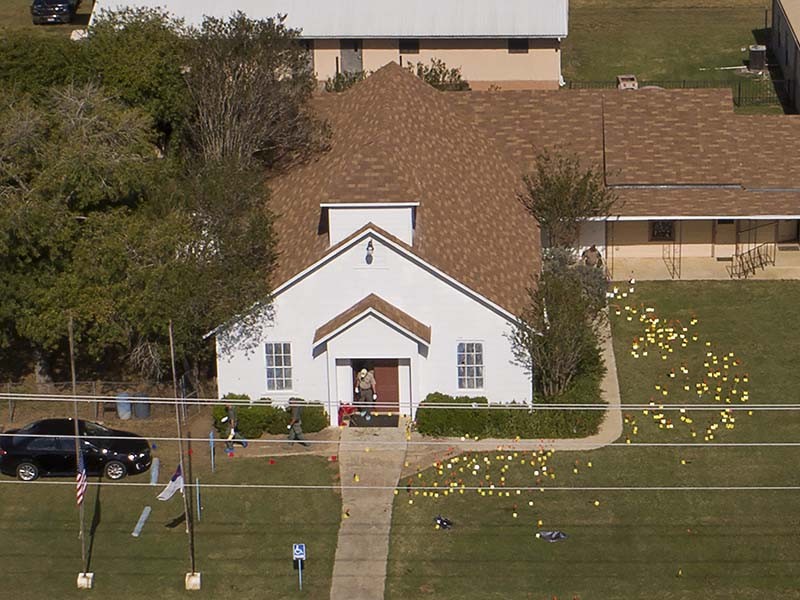Government getting involved in congregational safety
Law enforcement is seeking to forge partnerships with faith leaders. It raises a variety of questions about balancing safety with other concerns.

Several months after the deadliest church shooting in U.S. history, federal authorities are spearheading new efforts to help equip local faith leaders.
U.S. attorneys’ offices in Colorado, North Carolina, and Massachusetts have been convening security workshops for houses of worship in the wake of the shooting in November that left more than two dozen worshipers dead in Sutherland Springs, Texas. The Colorado initiative builds on past efforts to reach faith leaders, while four regional events across Massachusetts this winter mark a new initiative in that state.
“There was a need for education around how to develop contingency plans for emergencies and what to expect from law enforcement during emergencies,” wrote U.S. attorney Andrew E. Lelling in an email.





